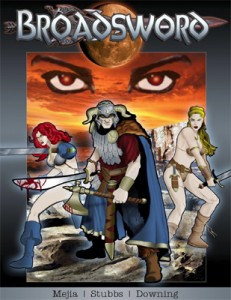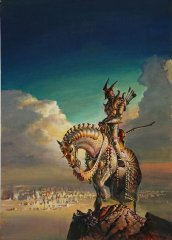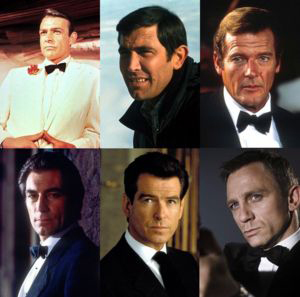Warning — there’s RPG-heavy talk in this post. Non gamers will probably pass out from boredom…
Our role-playing group gets together almost every Friday, and we decided to work our way through an old 1st edition D&D module to remember the passing of the father of role-playing games. We didn’t know it was Gary Con until I visited The Lair of the Evil DM today (I usually visit once a week or so). The idea of Gary Con was that everyone get together to play a game this weekend. A fine idea, and I’m sure we’re not the only gamers who decided on a tribute without even knowing there was something of an official movement.
I divested myself of almost all my D&D modules at some point in the ’80s. There were a few I couldn’t sell off — not because of sentimental value, but because everyone in my group then, and in other groups in the area, thought Shrine of the Kuo-Toa was dull and that Tomb of Horrors was impossible. For those not in the know, Tomb of Horrors is an expedition into the tomb of an undead wizard and is infamous for its difficult, nay, ludicrous challenges. Because I didn’t want to kill off my players or try to work the dungeon into the existing fantasy campaign, where it had no place, I just told them they were having a shared dream.
This time, what had seemed impossible and annoying proved a laugh-riot. The traps WERE impossible. “Why would anyone DO that?” we found ourselves asking. Instead of grinding our teeth in frustration when something went amiss, though, we dissolved into laughter. All the characters got blasted into smithereens when someone touched an exploding altar, so I ruled that they woke up from their dream, had a little trouble returning to sleep, then reappeared in the tomb in the same spot…
We didn’t quite finish the whole thing, but we had fun, and afterward we all reminisced about early campaigns and looked over copies of the 1st edition books one of our players had retained. All of us had come from different groups, but we’d all started with AD&D. It’s funny, but I hadn’t ever thought about how MANY of my friends come from role-playing, and for most of us, that started with AD&D. One little game had a huge, long-lasting, extremely positive impact on my life.
Friday I played part of a module from Dark City Games with my kids, and another part of it with them today. They loved it, and so did I.
Some say that tabletop RPGs are on their way out. I sure hope not. I’m a little too tired to wax too philosophical about it, but I sure hope not. Here at the southern outpost of Black Gate, on the shores of the Sea of Terror, we’ll be playng for many a year to come.
Here are two more links I wanted to share. The first is to a nice RPG celebration my good friend Eric Knight put up over the weekend.
The other is a nice cartoon from Order of the Stick.
Next time I post I’ll finally put up that small Black Gate 12 sneak preview I mentioned.
Howard

 John is just about done cramming in the stories, and I’m pretty excited about those as well. We’ll have 7000 more words than we had even last issue. Here’s what you can expect:
John is just about done cramming in the stories, and I’m pretty excited about those as well. We’ll have 7000 more words than we had even last issue. Here’s what you can expect:


 The death of Gary Gygax, co-creator of Dungeons & Dragons, marks the passing of an era. Gygax changed the face of fantasy like no other since J.R.R. Tolkien or Robert E. Howard. D&D brought people together, forged lasting friendships, and introduced a whole new generation to classic fantasy — in the process firing imaginations, heavily influencing the fledgling computer and video game markets, and laying the foundation for the billion-dollar online RPG industry. Just as importantly Gygax invited — indeed, demanded — that his readers become creators themselves, and the young fans he inspired eventually became some of today’s bestselling authors, including Raymond E. Feist, Margaret Weis and Tracy Hickman, R. A. Salvatore, Ed Greenwood, and dozens of others.
The death of Gary Gygax, co-creator of Dungeons & Dragons, marks the passing of an era. Gygax changed the face of fantasy like no other since J.R.R. Tolkien or Robert E. Howard. D&D brought people together, forged lasting friendships, and introduced a whole new generation to classic fantasy — in the process firing imaginations, heavily influencing the fledgling computer and video game markets, and laying the foundation for the billion-dollar online RPG industry. Just as importantly Gygax invited — indeed, demanded — that his readers become creators themselves, and the young fans he inspired eventually became some of today’s bestselling authors, including Raymond E. Feist, Margaret Weis and Tracy Hickman, R. A. Salvatore, Ed Greenwood, and dozens of others.